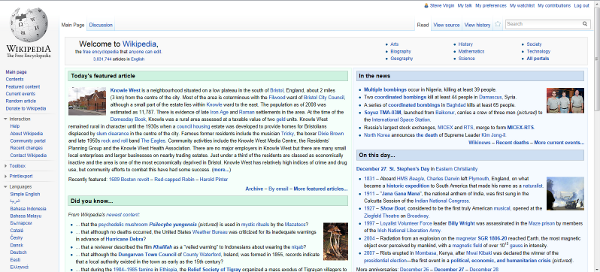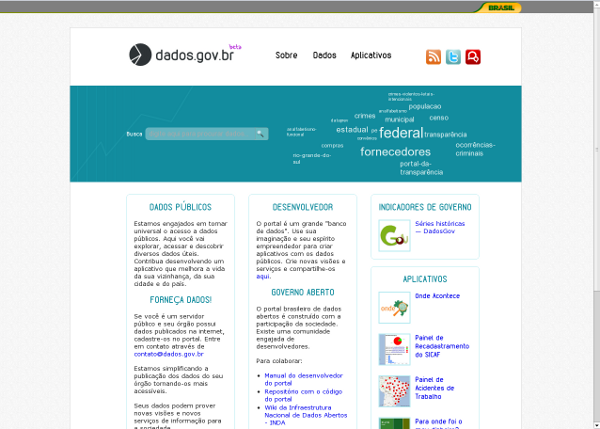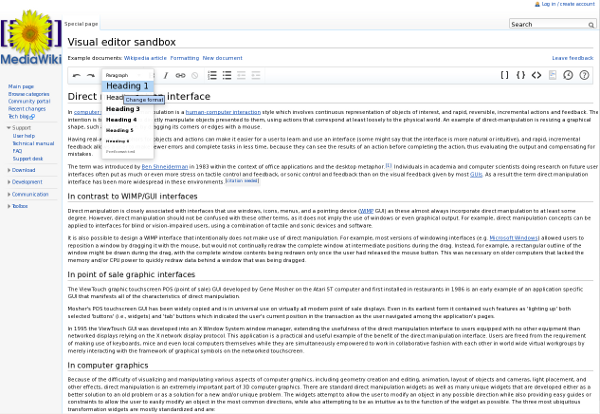 As the council in our home city moves away from its previous open source office suite (Star Office) to the dark side (aka Microsoft Office. Ed. ), news reaches the blogmeister’s inbox via the Free Software Foundation Europe reporting on the experience of Helsinki City Council.
As the council in our home city moves away from its previous open source office suite (Star Office) to the dark side (aka Microsoft Office. Ed. ), news reaches the blogmeister’s inbox via the Free Software Foundation Europe reporting on the experience of Helsinki City Council.
City officials in Helsinki, Finland, are overwhelmingly satisfied after trying out the free software office suite OpenOffice.org on their laptops. 75% of 600 officials have been using OpenOffice.org exclusively since February, as part of a pilot project where the city installed the package on 22,500 workstations.
In the spring 2011, the city installed OpenOffice on 22,500 desktops. It was deployed as the only office suite on the laptops of 600 officials. Although these latter users only received a written manual and no actual training, 75 % of them were still satisfied. The pilot project was based on an initiative by Helsinki city council member Johanna Sumuvuori.
“This feedback is very encouraging. We congratulate the City of Helsinki on its successful pilot project and hope others will follow,” comments Otto Kekäläinen, the Free Software Foundation Europe’s coordinator for Finland. “Free software means that public bodies no longer depend on a single vendor and don’t have to pay monopoly prices for their software and services any more. This is a crucial difference in these economically straightened times.”
The key reason why some users were not satisfied were difficulties in opening files generated with the proprietary Microsoft Office. Yet according to a Twitter message from Helsinki city transport board member Mirva Haltia-Holmberg, most of these interoperability issues would be solved if all users learned to save their files in the correct format (would that be ODF? Ed.).
Helsinki is not the only city in Finland to make use of free software. In a similar initiative in Turku city council, Green Party chairman Ville Niinistö stated: “Migration into free and open source software and operating systems would save significant amounts of money on the city level. In office software the move into open source could be implemented very quickly. Migration to open source software would also be good for the general development of an information society, since this type of software makes possible faster and more free software development.”
During year 2011 a number of projects have been started to increase of use of free software in the Finnish public sector. Besides Helsinki, similar initiatives have been undertaken in the city councils of Tampere, Turku, Paimio and Salo, usually started by elected council members. In spring 2011 71% of members of the Finnish parliament said the state should give preference to free software (such as GNU/Linux and OpenOffice) in its ICT acquisitions.
Meanwhile, we await something more from the British state than prevarication and backtracking on the deployment of free and open source software…
PS: It’s not just the Finnish public sector that is a pioneer in free and open source: Finland has been a forerunner in the use of free software in the private sector for years. Research published two years ago by Red Hat and Georgia Tech placed Finnish industry first in the world in the use of open source software. Turning back to the public sector, the Finnish Ministry of Defence has been using GNU/Linux in key systems since 2006, mostly for its security. The Finnish Ministry of Justice has migrated into OpenOffice in 2007, while Finnish schools have been saving significant amounts of money by moving to the Linux Terminal Server Project (as used by Bristol Wireless. Ed. 🙂 ).



 But who said it?
But who said it?  Munich is well advanced in its adoption of free and open source software. Earlier this month,
Munich is well advanced in its adoption of free and open source software. Earlier this month,  In common with the rest of the country, we heathens at Bristol Wireless shall be taking a festive break and closing the lab. Our arrangements are as follows: we shall be closing from lunchtime on Friday 23rd December (aka
In common with the rest of the country, we heathens at Bristol Wireless shall be taking a festive break and closing the lab. Our arrangements are as follows: we shall be closing from lunchtime on Friday 23rd December (aka  According to an
According to an 
 The business section of the
The business section of the  The
The 
 From the
From the 
 From the heart of Leipzig in Germany, news reaches the lab of the establishment of Open Source Solar, a place for collaborative development of open source hardware for small photovoltaic systems, with the aim of assisting the construction of the highest quality, affordable solar systems.
From the heart of Leipzig in Germany, news reaches the lab of the establishment of Open Source Solar, a place for collaborative development of open source hardware for small photovoltaic systems, with the aim of assisting the construction of the highest quality, affordable solar systems. The
The  We’ve been contacted on Twitter by
We’ve been contacted on Twitter by